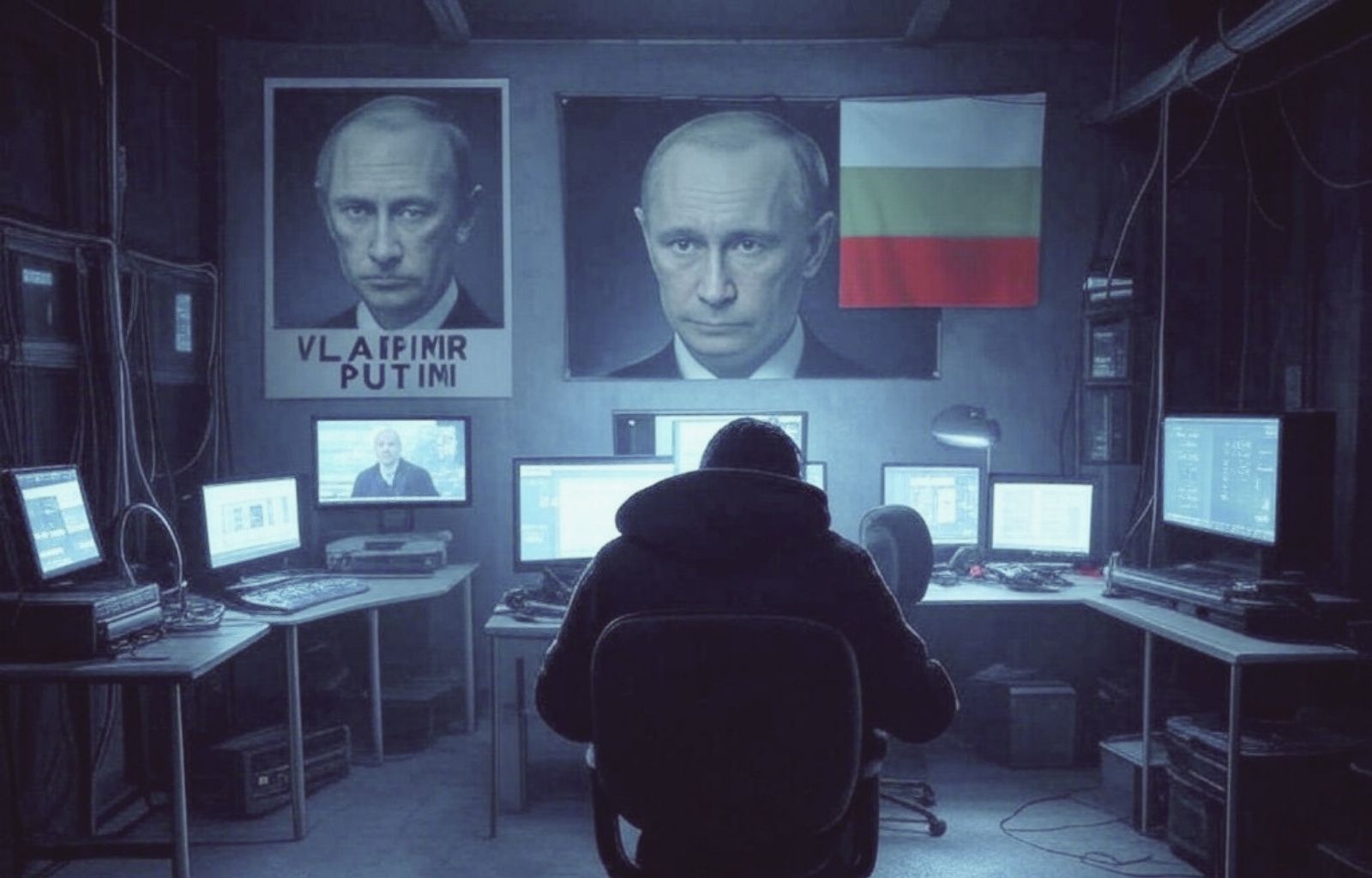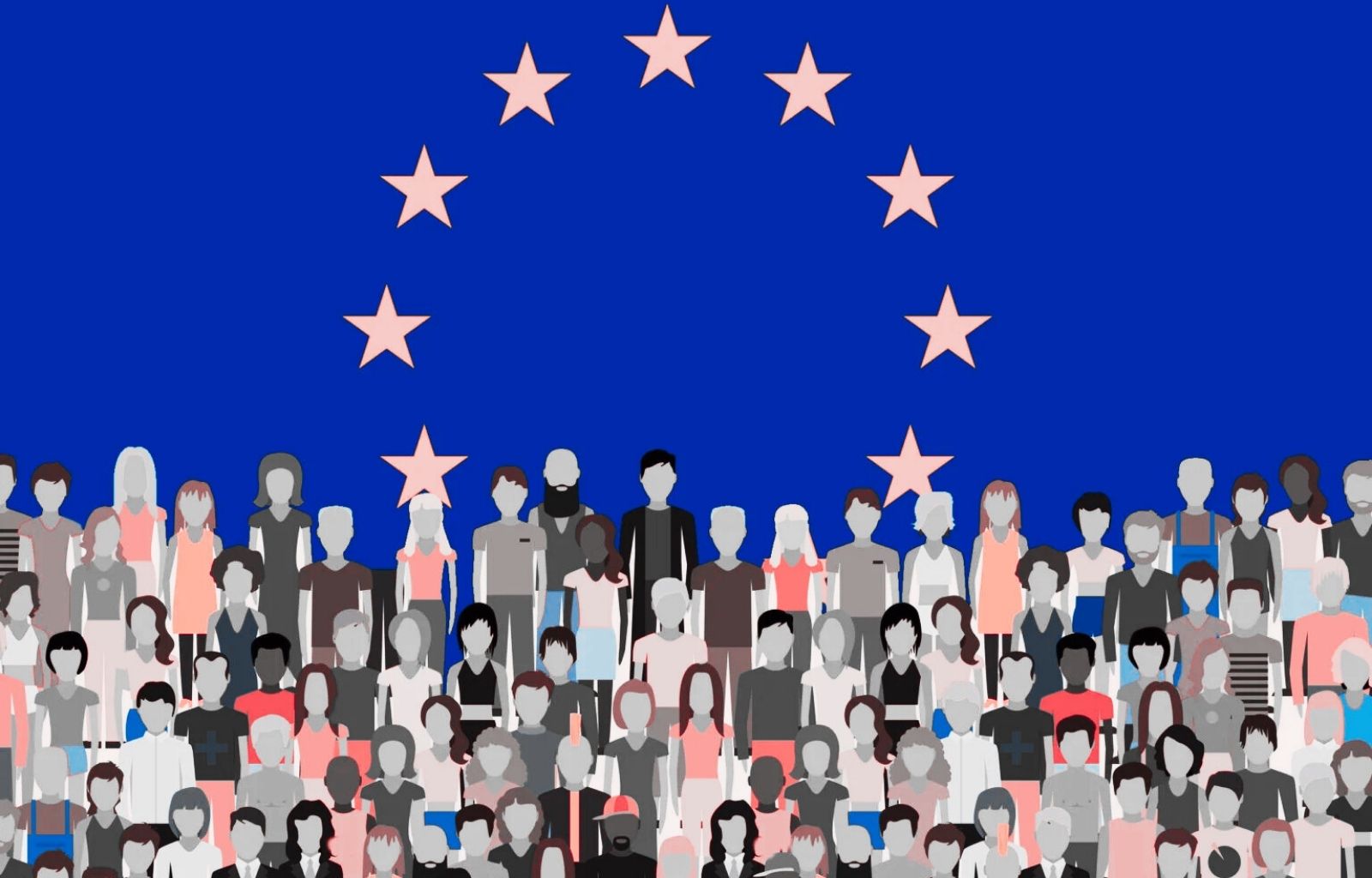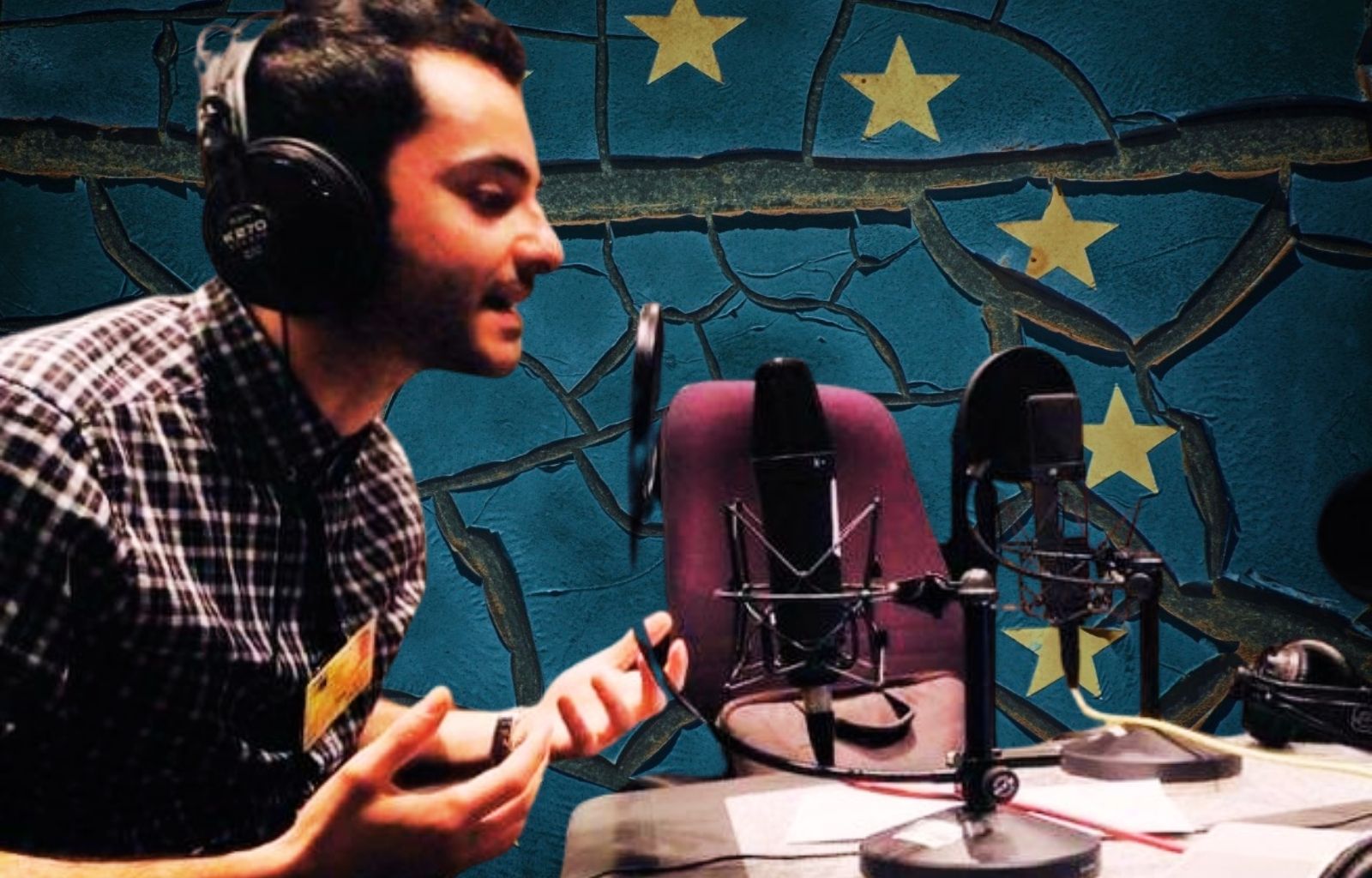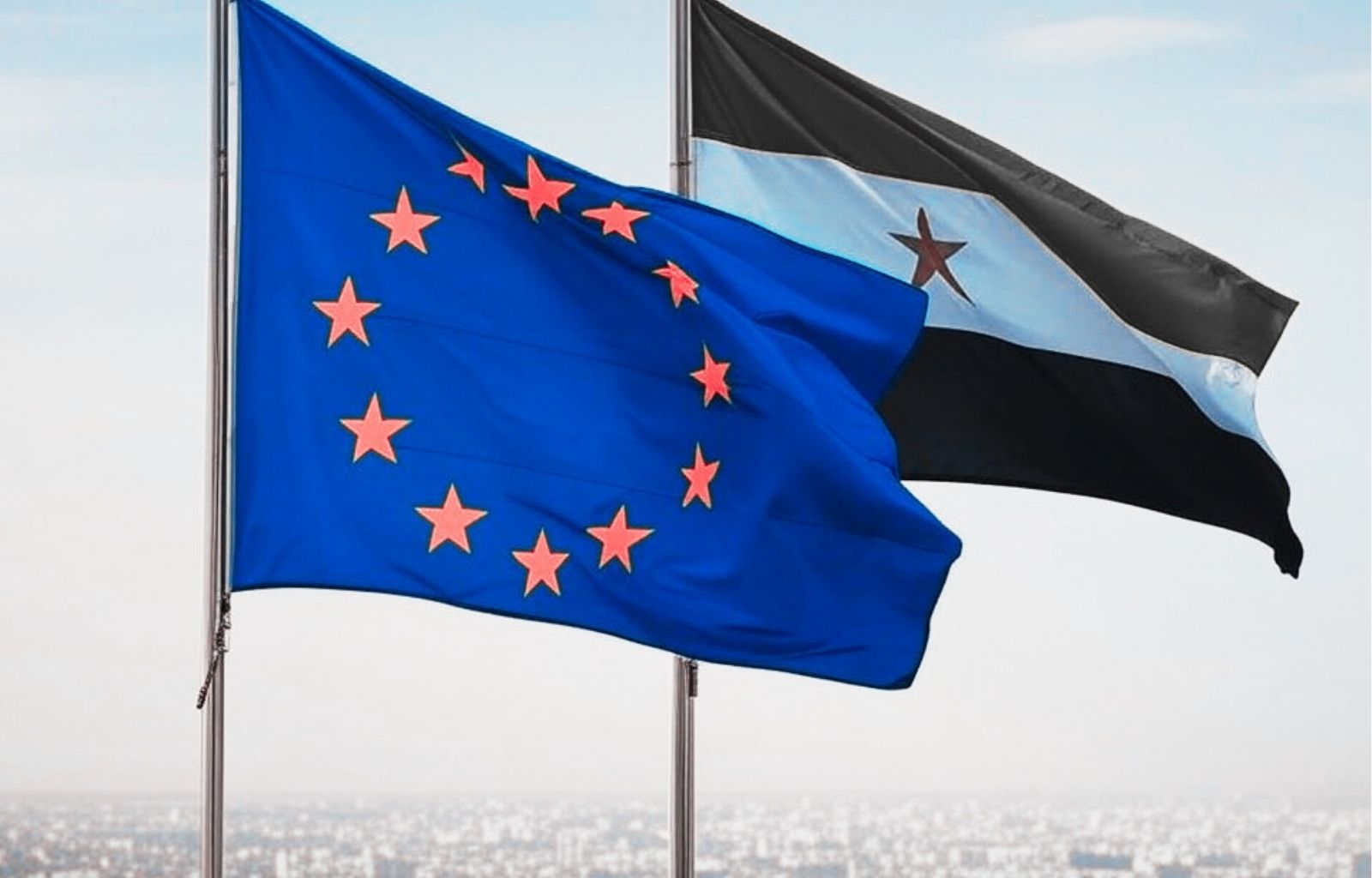50 companies linked to Russian disinformation unmasked in Bulgaria

For years, Bulgaria has been the scene of insidious infiltration and manipulation by Russian disinformation, fuelled by sophisticated financing and strategies aimed at conditioning the country’s politics, economy and public opinion. The recent discoveries of connections between Bulgarian companies and Russian influence networks highlight a worrying picture, in which disinformation plays a central role.
Companies linked to Russian propaganda
An investigation by BG Elves, a Bulgarian investigative group of hacktivists and computer security experts, found that more than 50 Bulgarian companies registered in Plovdiv, Bulgaria’s second largest city, and owned by a Georgian citizen, are connected to the Russian digital agency that orchestrated the election campaign of nationalist Călin Georgescu in Romania. These companies, mainly active in digital advertising, boast a significant presence on social media, generating hundreds of millions of impressions every day(source).
A well-established system
Bulgarian MP Ivaylo Mirchev, a member of the We Continue the Change-Democratic Bulgaria party, publicly denounced the infiltration of Russian propaganda, pointing out that it is historically financed by Kremlin-linked energy companies. Although the capital flows have been partially limited in the past two years, their effects continue to be evident.
“Russian propaganda infiltrates through funding and targeted digital campaigns. But countering this influence is almost impossible when the very institutions charged with protecting us, such as DANS, are under the influence of the Kremlin,” Mirchev said(source).
The role of DANS
DANS, the National Security Agency of Bulgaria, is supposed to be the first bulwark against foreign influence. However, the agency has been accused of being ineffective and, in some cases, of harbouring elements close to Russian interests. This undermines its ability to fulfil its mandate, leaving the country vulnerable to further infiltration(source).
Manipulation and disinformation
Russian propaganda is not limited to supporting pro-Russian political candidates or influencing elections. It also uses a disinformation strategy based on targeted digital content, such as promoting conspiracy theories and spreading fake news through social media.
What to do?
In light of these revelations, MP Ivaylo Mirchev proposed the creation of a parliamentary enquiry committee to gather evidence and counter Russian influence at all levels. But will this be enough? The fight against Russian propaganda requires decisive and coordinated action, including the strengthening of democratic institutions, transparency in corporate financing and awareness-raising campaigns to educate the population to recognise disinformation.
Russian influence in Bulgaria is not a local problem, but a European issue that requires a common response.







